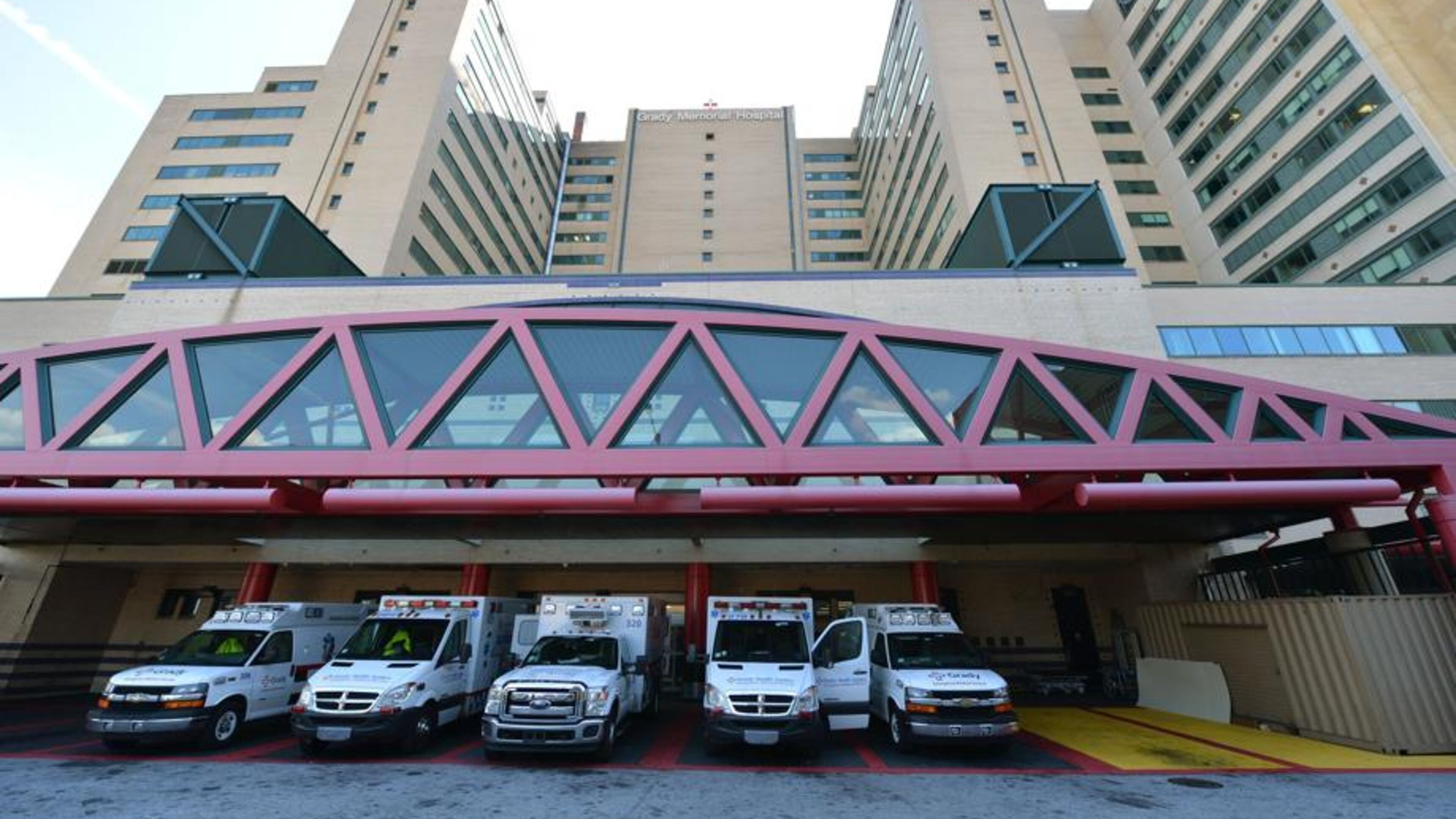State of emergency declaration helps Grady address flooding mishap

Almost a week after a burst pipe forced Grady Memorial Hospital to find new beds for hundreds of patients from across the city, Gov. Brian Kemp declared a state of emergency Friday allowing the medical facility to get out-of-state help.
Grady CEO John Haupert announced that as part of the declaration, a 30-bed mobile unit designed for in-patient housing is being shipped in from North Carolina. Grady has its own mobile units, but they are not equipped to house patients for extended periods.
Grady lost some 220 beds after a 2-foot pipe burst Dec. 7 and patients had to be diverted to other facilities across metro Atlanta, including Emory Healthcare and Piedmont Atlanta. The hospital normally serves about 700 patients a day, including about 450 patients in its emergency department.
Grady’s disbursement caused a domino effect, later forcing the accepting hospitals to themselves divert patients.
“This declaration is absolutely critical to the thousands of patients we treat each day and to the hospitals that voluntarily stretched their own capacity to the limits in order to care for patients who were temporarily diverted from Grady as a result of the emergency disruption,” Haupert said.
A spokeswoman for Grady said the resources come as the hospital estimates that it could take several months before the impact floors are again operational. The pipe burst between the hospital's sixth and seventh floors.
“I’m hearing that it’s actually going to be two or three months before any of those [floors] are back,” Grady spokeswoman Denise Simpson said. “That one space we thought we could put back online in a week was worse off than we thought.”
Hospital officials estimate the electrical repairs could take up to three weeks to complete. In the meantime, 30% of Grady’s elevators are out of service.
In his Friday declaration, which frees up state resources to assist Grady, Kemp said a portion of the hospital’s electrical system was “irreparably damaged” by the thousands of gallons that flowed through the facility.
“Due to the increased patient load, other metropolitan Atlanta hospital systems are now at capacity and implementing or contemplating implementation of diversion protocols,” the executive order reads. “Assistance from the state of Georgia is necessary to provide for the public’s safety and restore the social and economic welfare of the affected county.”
Haupert said the North Carolina mobile units resemble a hospital on their inside, and they are expected to be at Grady in a week. Authorities, he said, are working “quickly to get that asset in place.”
In an effort to relieve the burden on those hospitals, Simpson said Thursday that Grady would begin accepting trauma, stroke and burn patients only.
“We are going to be minus those beds for a while,” she said.
While the mobile units will offer just a fraction of the beds necessary for Grady to be fully operational, Simpson said it’s a start.
“It helps,” she said. “Right now we don’t have any other inpatient space.”
In addition to accepting some new patients, Grady will operate the Atlanta Metro EMS coordination center to ensure that ambulances inside the Perimeter are transporting patients to the appropriate hospitals “based on their medical needs,” she said.



